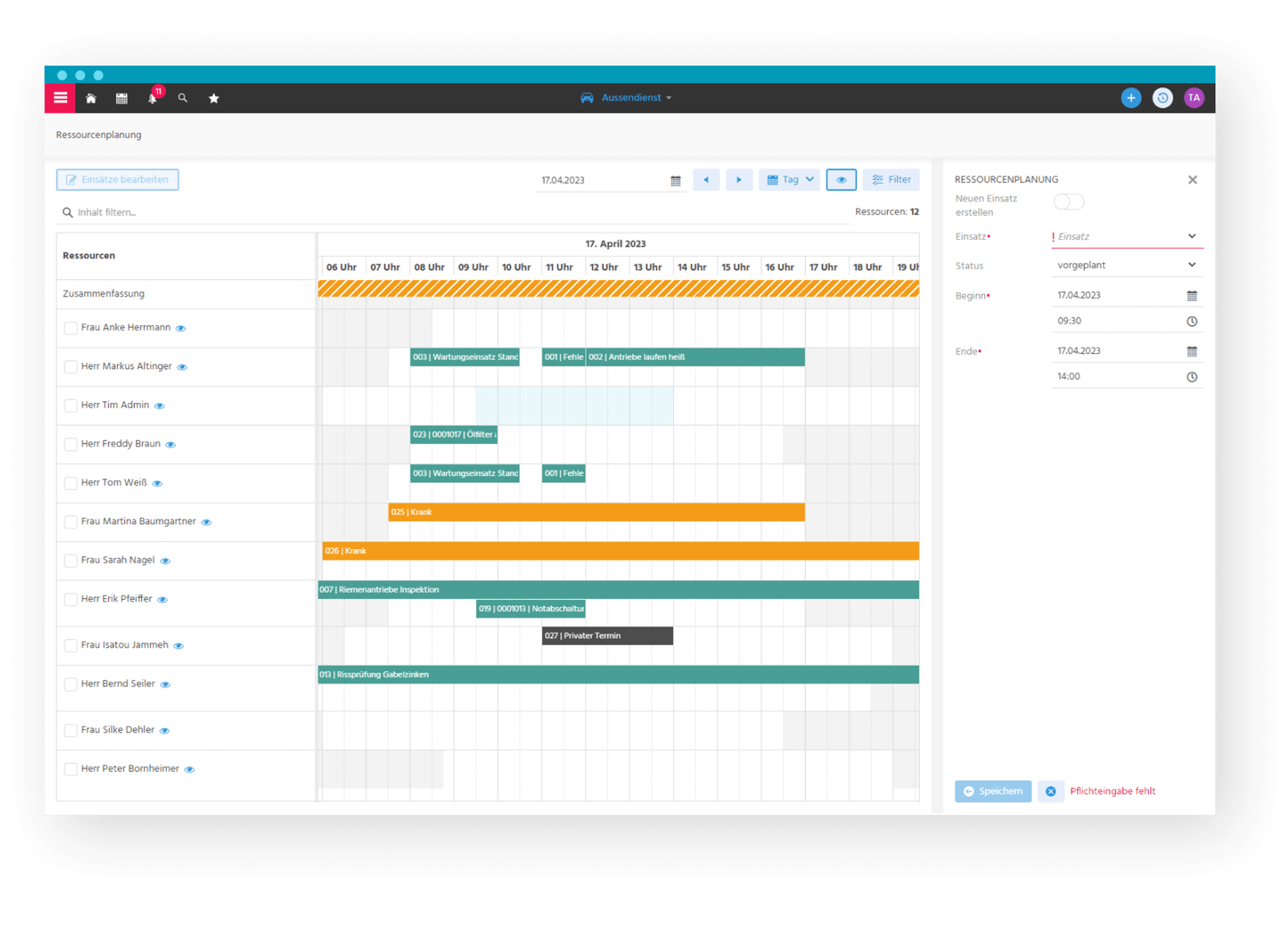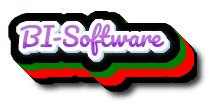In today’s fast-paced industrial landscape, effective customer relationship management (CRM) is crucial for the success of any business, particularly in the machine engineering (Maschinenbau) sector. The Maschinenbau industry, which involves the design, construction, and maintenance of machines and mechanical systems, relies heavily on building strong relationships with clients, suppliers, and partners. CRM software has become an essential tool for companies in this sector to streamline their operations, enhance customer satisfaction, and drive business growth. In this article, we will delve into the world of CRM software in Maschinenbau, exploring its benefits, features, and applications.

What is CRM Software?
Customer Relationship Management (CRM) software is a digital platform designed to manage and analyze customer interactions, data, and relationships throughout the entire customer lifecycle. It helps businesses to stay organized, automate tasks, and make informed decisions to improve customer satisfaction, loyalty, and retention. CRM software typically includes a range of features, such as contact management, sales force automation, marketing automation, customer service, and analytics.
Benefits of CRM Software in Maschinenbau
The implementation of CRM software in the Maschinenbau industry offers numerous benefits, including:
- Improved Customer Satisfaction: CRM software enables companies to respond quickly to customer inquiries, resolve issues efficiently, and provide personalized support, leading to higher customer satisfaction and loyalty.
- Enhanced Sales Performance: CRM software helps sales teams to manage leads, track sales performance, and analyze customer behavior, resulting in increased sales and revenue.
- Increased Efficiency: Automation of routine tasks and processes allows companies to reduce administrative burdens, streamline operations, and focus on high-value activities.
- Better Collaboration: CRM software facilitates collaboration and communication among teams, departments, and partners, ensuring that everyone is aligned and working towards common goals.
- Data-Driven Decision Making: CRM software provides valuable insights into customer behavior, sales performance, and market trends, enabling companies to make informed decisions and drive business growth.
Features of CRM Software in Maschinenbau
To meet the specific needs of the Maschinenbau industry, CRM software should include the following features:
- Contact Management: A centralized database to store customer information, contact history, and interactions.
- Sales Force Automation: Tools to manage sales leads, track sales performance, and analyze customer behavior.
- Marketing Automation: Features to automate marketing campaigns, manage lead generation, and measure marketing effectiveness.
- Customer Service: Modules to manage customer support requests, track issues, and provide personalized assistance.
- Project Management: Tools to manage projects, track progress, and collaborate with teams and partners.
- Integration with ERP and CAD Systems: Integration with enterprise resource planning (ERP) and computer-aided design (CAD) systems to ensure seamless data exchange and process optimization.
- Customization and Flexibility: Ability to customize the software to meet specific business needs and adapt to changing market conditions.
Applications of CRM Software in Maschinenbau
CRM software has a wide range of applications in the Maschinenbau industry, including:
- Sales and Marketing: Managing sales leads, tracking customer behavior, and automating marketing campaigns.
- Customer Service: Providing personalized support, resolving issues, and improving customer satisfaction.
- Project Management: Managing projects, tracking progress, and collaborating with teams and partners.
- After-Sales Service: Managing maintenance, repair, and overhaul (MRO) services, and providing customer support.
- Partner and Supplier Management: Managing relationships with partners, suppliers, and contractors, and ensuring timely delivery of goods and services.
Challenges and Limitations of CRM Software in Maschinenbau
While CRM software offers numerous benefits, there are also challenges and limitations to consider, including:
- Data Quality and Integration: Ensuring accurate and consistentiating between critical and redundant information and ensuring integration with other systems and tools.
- User Adoption: Encouraging user adoption, training and change management and dealing with potential resistance to new technologies and processes.
- Customization and Configuration: Customizing and configuring the software to meet specific business needs and ensuring that the software is adaptable to changing market conditions.
- Security and Compliance: Ensuring the security and integrity of customer data and ensuring compliance with regulatory requirements.
FAQ
- What is CRM software?
CRM software is a digital platform designed to manage and analyze customer interactions, data, and relationships throughout the entire customer lifecycle. - What are the benefits of CRM software in Maschinenbau?
The benefits of CRM software in Maschinenbau include improved customer satisfaction, enhanced sales performance, increased efficiency, better collaboration, and data-driven decision making. - What features should CRM software have in Maschinenbau?
CRM software in Maschinenbau should have features such as contact management, sales force automation, marketing automation, customer service, project management, integration with ERP and CAD systems, and customization and flexibility. - What are the applications of CRM software in Maschinenbau?
The applications of CRM software in Maschinenbau include sales and marketing, customer service, project management, after-sales service, and partner and supplier management. - What are the challenges and limitations of CRM software in Maschinenbau?
The challenges and limitations of CRM software in Maschinenbau include data quality and integration, user adoption, customization and configuration, and security and compliance.
Conclusion
In conclusion, CRM software is a powerful tool for companies in the Maschinenbau industry to manage customer relationships, streamline operations, and drive business growth. By understanding the benefits, features, and applications of CRM software, companies can make informed decisions and choose the right software to meet their specific needs. While there are challenges and limitations to consider, the advantages of CRM software in Maschinenbau far outweigh the disadvantages. By implementing CRM software, companies in the Maschinenbau industry can improve customer satisfaction, enhance sales performance, increase efficiency, and gain a competitive edge in the market. As the industry continues to evolve, the importance of CRM software will only continue to grow, making it an essential investment for companies seeking to succeed in the machine engineering sector.
Closure
Thus, we hope this article has provided valuable insights into Introduction to CRM Software in Maschinenbau. We appreciate your attention to our article. See you in our next article!
